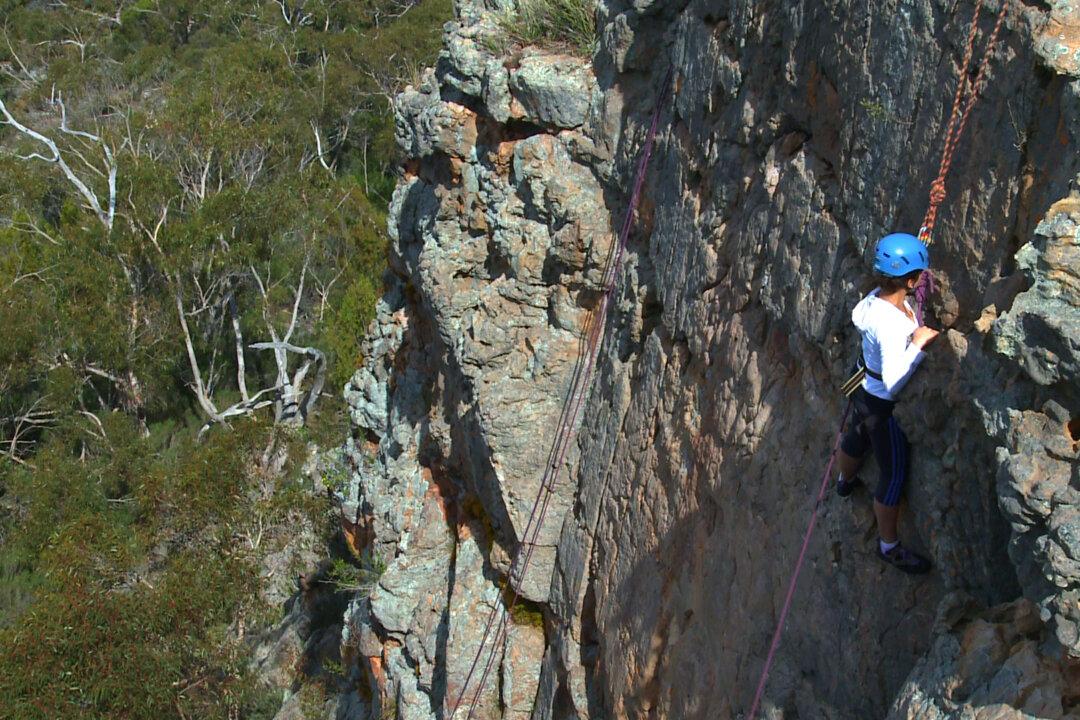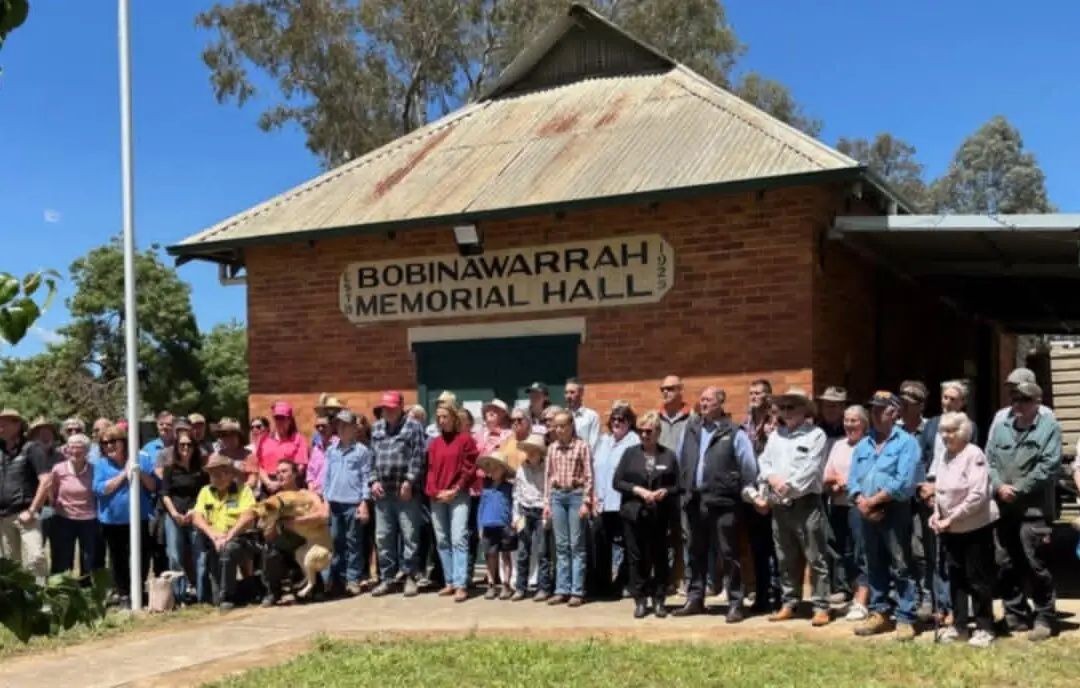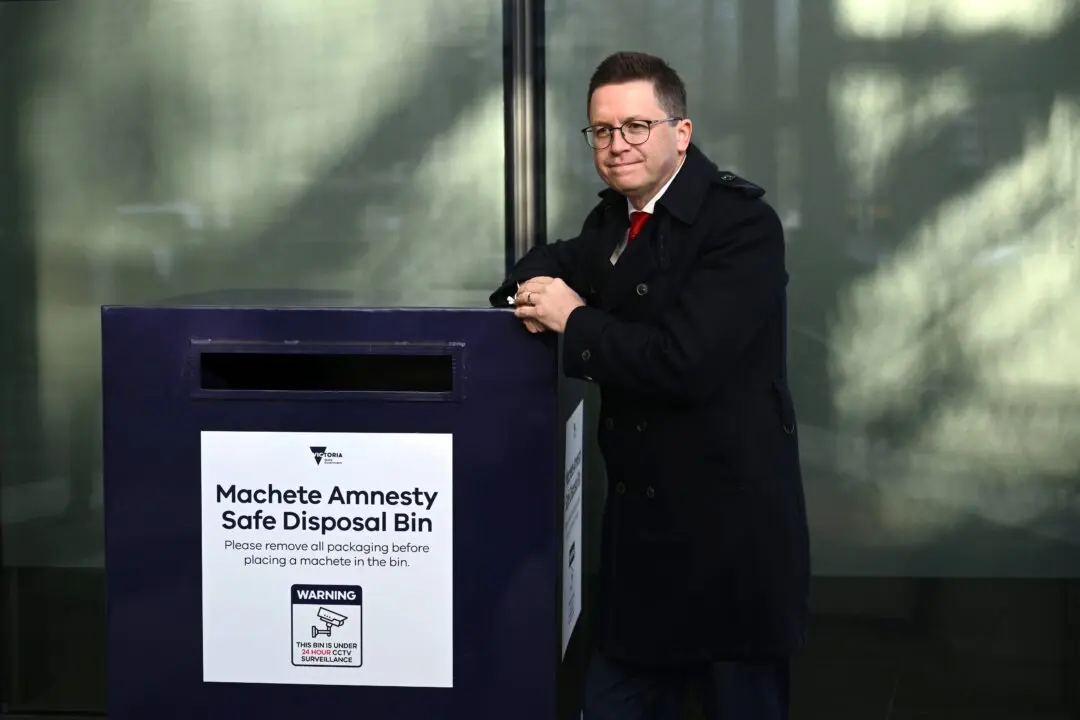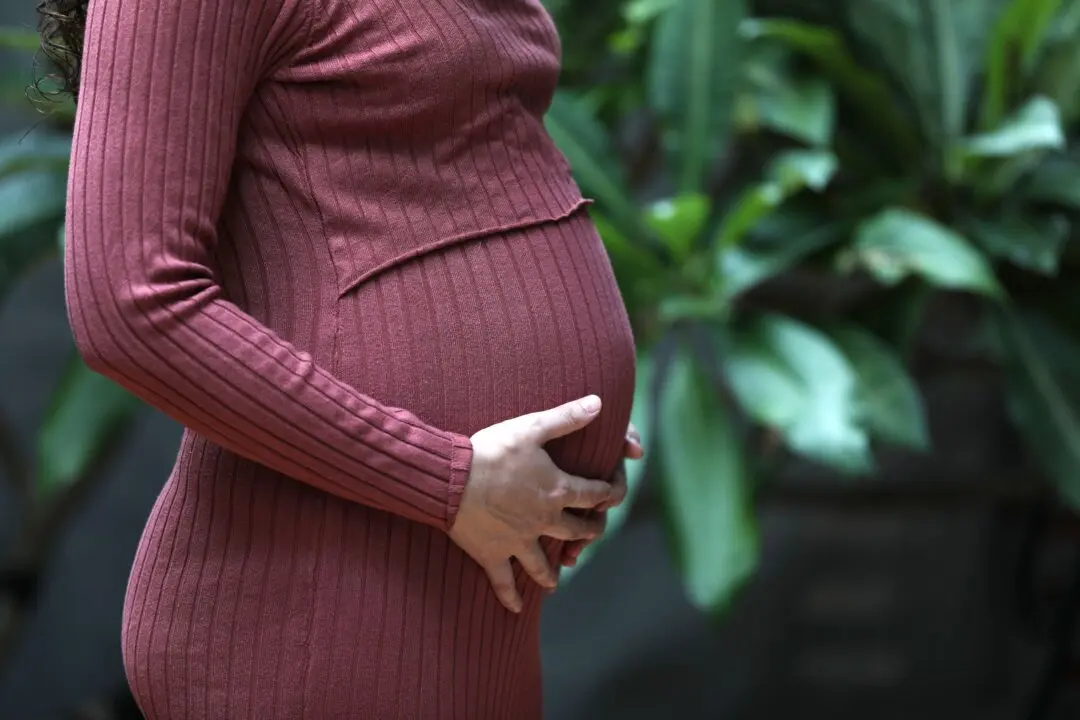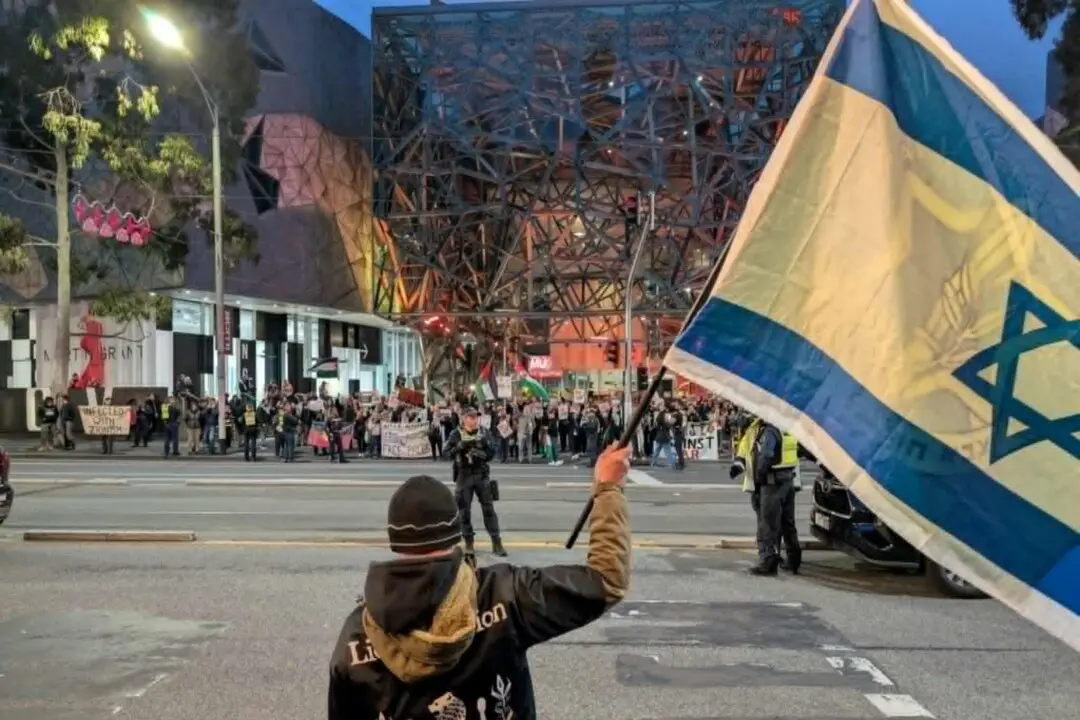A ban on rock climbing at Mt. Arapiles in Victoria’s west to protect Aboriginal heritage will devastate local businesses, says Liberal MP for Western Victoria Bev McArthur.
The Allan Labor government is facing pressure from thousands of climbers about its management of land access, with nearby towns Natimak and Horsham to be hit hardest by the climbing prohibitions.
